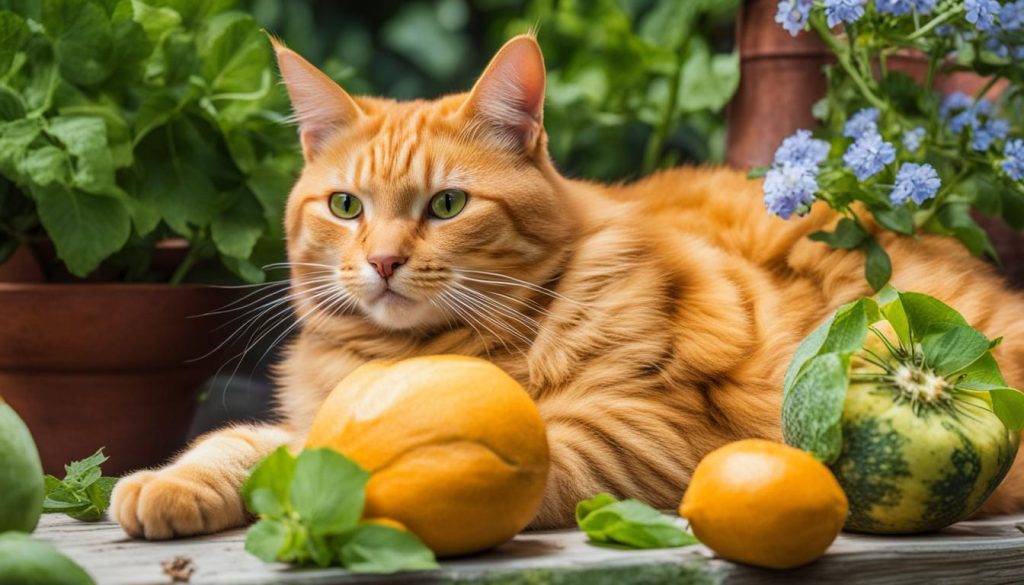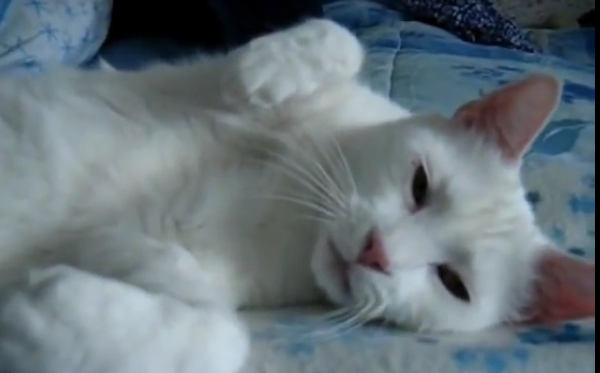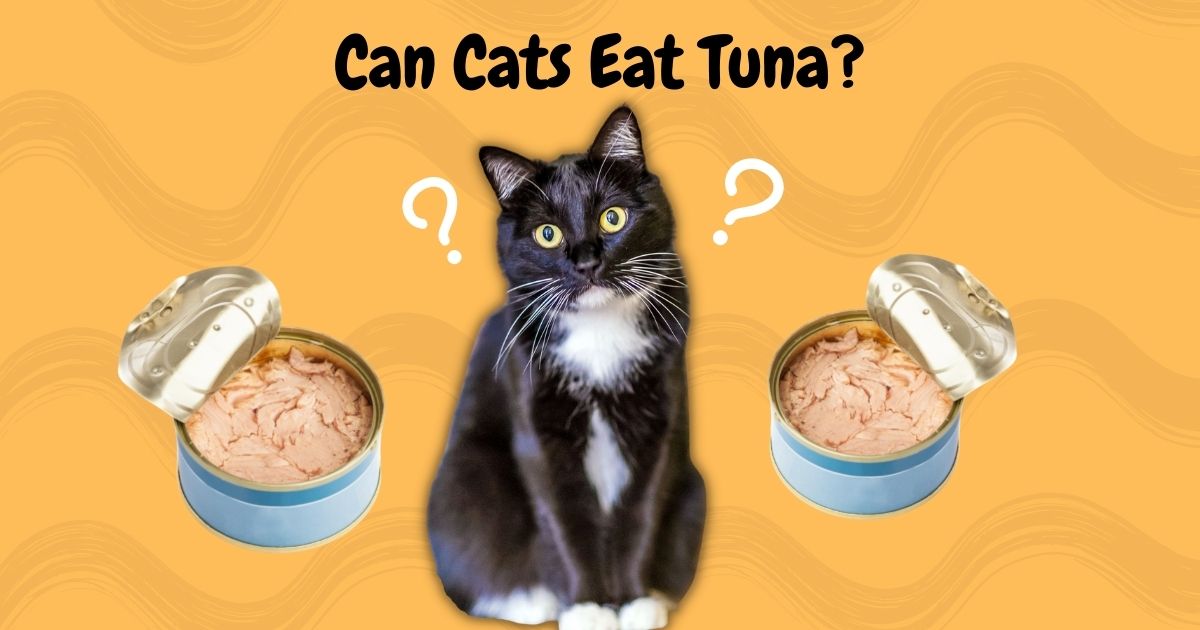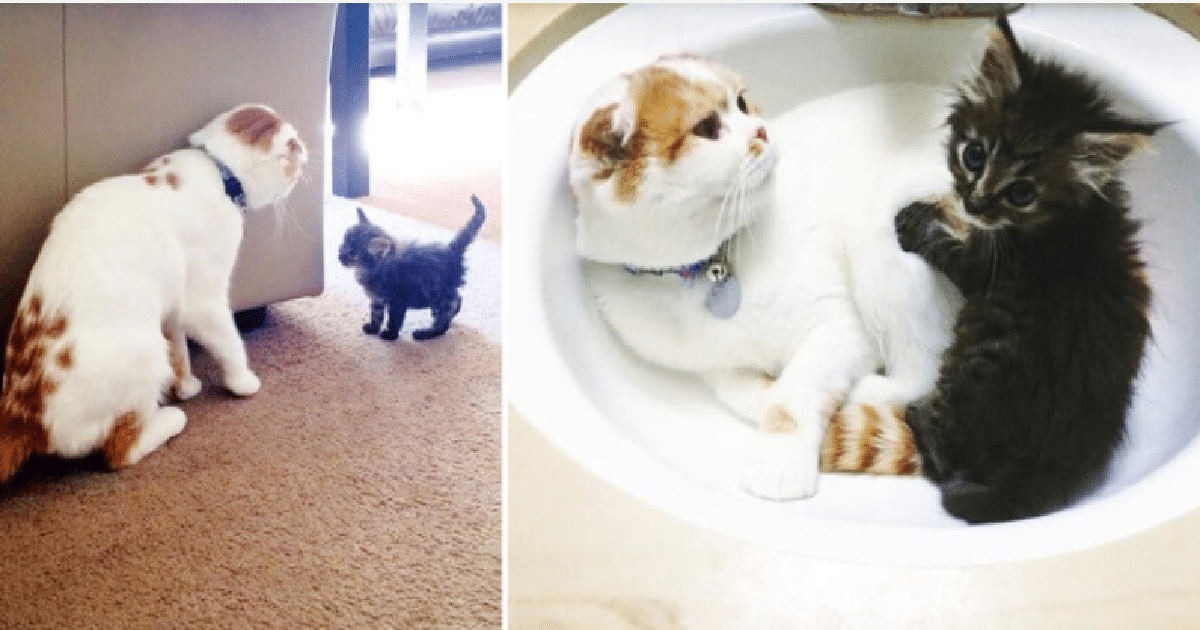As a cat owner, you may have wondered if it’s safe to share your favorite fruits with your feline companion. One fruit that often comes to mind is cantaloupe. So, can cats eat cantaloupe? Let’s find out!
Cantaloupe is a delicious and refreshing fruit that can offer some health benefits to your furry friend. It is packed with vitamins A and C, low in calories and fat, and a good source of fiber. These nutrients can contribute to improved digestion, relief from constipation, weight loss, and enhanced coat and skin health for your cat. Additionally, cantaloupe can help boost their immune system and keep them hydrated.
However, it’s important to exercise certain precautions when feeding cantaloupe to your cat. Serve it in small amounts, choose ripe fruit, remove the seeds, and wash it thoroughly to ensure it’s safe for consumption. Some cats may experience bloating or have allergies to cantaloupe, so it’s always essential to monitor their reactions and consult with a veterinarian if needed.
Can Cats Eat Cantaloupe? Yes, they can eat occasionally.
- Precautions include serving small amounts, choosing ripe fruit, removing seeds, and monitoring for adverse reactions
- Cats can eat cantaloupe and enjoy its numerous health benefits
- Cantaloupe is rich in vitamins A and C, low in calories and fat, and a good source of fiber
- Feeding cantaloupe in moderation can aid digestion, relieve constipation, promote weight loss, and improve coat and skin health in cats
- Consult a veterinarian if your cat experiences bloating or shows signs of allergies to cantaloupe
How to Feed Cantaloupe to Your Cat: Tips and Precautions
When it comes to feeding cantaloupe to your cat, there are a few important tips and precautions to keep in mind. Cantaloupe can be a healthy and refreshing treat for your feline friend, but it’s crucial to introduce it properly and be mindful of their individual needs.
Start with small amounts: If your cat has never had cantaloupe before, it’s best to start with small pieces to allow them to get used to the taste and texture. Some cats may take to it immediately, while others may need a little time to adjust.
Choose ripe cantaloupe: Opt for ripe cantaloupe for the best flavor and nutritional benefits. Ripe cantaloupe is sweet and juicy, making it more appealing to your cat. Avoid serving unripe or overripe cantaloupe, as it may not taste as good and could upset their stomach.
Remove the seeds: Always remove the seeds from the cantaloupe before offering it to your cat. The seeds can be a choking hazard and may cause digestive issues if ingested. Cut the cantaloupe into small, manageable pieces for your cat to enjoy without any risk.
Monitor for any adverse reactions: While cantaloupe is generally safe for cats, it’s important to keep an eye out for any allergic reactions or digestive issues. Some cats may be more sensitive to certain fruits, so watch for any signs of discomfort, such as vomiting or diarrhea. If you notice any adverse reactions, consult a veterinarian for further guidance.
By following these tips and taking necessary precautions, you can safely incorporate cantaloupe into your cat’s diet as a healthy and delicious treat. Remember, every cat is different, so it’s always a good idea to consult with your vet before introducing any new food to their diet.
Determining the Right Serving Size for Your Cat
When it comes to feeding cantaloupe to your cat, it’s essential to consider the appropriate serving size. The amount of cantaloupe to give your cat will depend on factors such as their age, weight, and overall health. It’s always best to consult with a veterinarian before introducing any new food into their diet, including fruits.
As a general guideline, for adult cats, start with 1-2 tablespoons of cantaloupe per day. However, this can vary for kittens and senior cats, so it’s important to adjust accordingly. When introducing cantaloupe or any other new food to your cat’s diet, it’s crucial to monitor them closely for any adverse reactions, such as vomiting or diarrhea.
Gradually increase the serving size over time if your cat tolerates the cantaloupe well. Remember to remove the seeds and serve the fruit in small, manageable pieces to prevent choking hazards. It’s also important to keep in mind that cantaloupe should only be a treat and not a substitute for a balanced and nutritious cat diet.
Consulting a Veterinarian
If you’re unsure about the right serving size of cantaloupe for your cat or have any concerns, it’s always best to seek advice from a veterinarian. They will be able to provide personalized guidance based on your cat’s specific needs and health condition. A veterinarian can also help assess any food allergies or sensitivities that your cat may have before introducing cantaloupe or any other fruits into their diet.
The Benefits and Precautions of Feeding Cantaloupe to Cats
Feeding cantaloupe to cats can provide certain benefits and add variety to their diet. However, it’s important to understand the precautions and limitations associated with feeding cat-friendly fruits like cantaloupe.
The Benefits of Cantaloupe for Cats
Cantaloupe is a cat-friendly fruit that offers several nutritional benefits. It is low in calories and fat, making it a suitable treat for overweight cats or those on a weight management plan. The fruit is also a good source of vitamins A and C, which support eye health, immune function, and overall well-being. Additionally, cantaloupe contains fiber, which aids in digestion and promotes healthy bowel movements. The high water content of cantaloupe also helps keep cats hydrated, especially during warmer months.
Precautions for Feeding Cantaloupe to Cats
While cantaloupe can be beneficial, it’s important to take certain precautions to ensure the safety of your feline friend. Firstly, always remove the rind and seeds of the cantaloupe, as they can cause digestive upset or pose a choking hazard. Secondly, serve cantaloupe to your cat in small, manageable pieces to prevent any discomfort or difficulty in consuming it. It’s also essential to monitor your cat for any adverse reactions after introducing cantaloupe to their diet. Some cats may be allergic to cantaloupe or experience gastrointestinal issues, such as bloating or diarrhea. If you notice any concerning symptoms, it’s best to consult a veterinarian for guidance.

Conclusion
Cats can safely enjoy cantaloupe as part of their diet, but it should always be given in moderation. Cantaloupe offers many health benefits for cats due to its high vitamin content, fiber, and hydrating properties.
When feeding cantaloupe to your furry friend, it’s important to introduce it slowly and monitor their reaction. Remove any seeds and serve the fruit in small, manageable pieces to prevent choking hazards. Cantaloupe should only be a treat and not a substitute for a balanced cat diet.
If you have any concerns or questions about feeding cantaloupe to your cat, it’s always best to consult with a veterinarian. They can provide personalized advice based on your cat’s individual needs.
FAQ
Can cats eat cantaloupe?
Yes, cats can safely eat cantaloupe in moderation.
What are the health benefits of cantaloupe for cats?
Cantaloupe is a good source of vitamins A and C, fiber, and hydration. It can aid in digestion, relieve constipation, promote weight loss, enhance coat and skin health, and boost the immune system.
How should I serve cantaloupe to my cat?
Start with small amounts of ripe cantaloupe, remove the seeds, and serve it fresh or frozen. Thoroughly wash the cantaloupe before serving it to your cat.
How much cantaloupe can I give my cat?
The amount of cantaloupe to give your cat will depend on factors like their age, weight, and health. It’s best to consult a veterinarian for personalized advice. As a general guideline, start with 1-2 tablespoons per day for an adult cat, adjusting for kittens and senior cats.
What precautions should I take when feeding cantaloupe to my cat?
Be cautious of potential issues like bloating, allergies, and digestive problems. Remove the seeds and serve the fruit in small, manageable pieces to prevent choking hazards. Thoroughly wash the cantaloupe to remove any harmful bacteria. If you’re unsure, consult a veterinarian for personalized advice.
Can cantaloupe be a substitute for a nutritious cat diet?
No, cantaloupe should only be given as a treat and should not replace a balanced and nutritious cat diet. Consult with a veterinarian to ensure your cat is receiving all the necessary nutrients.






